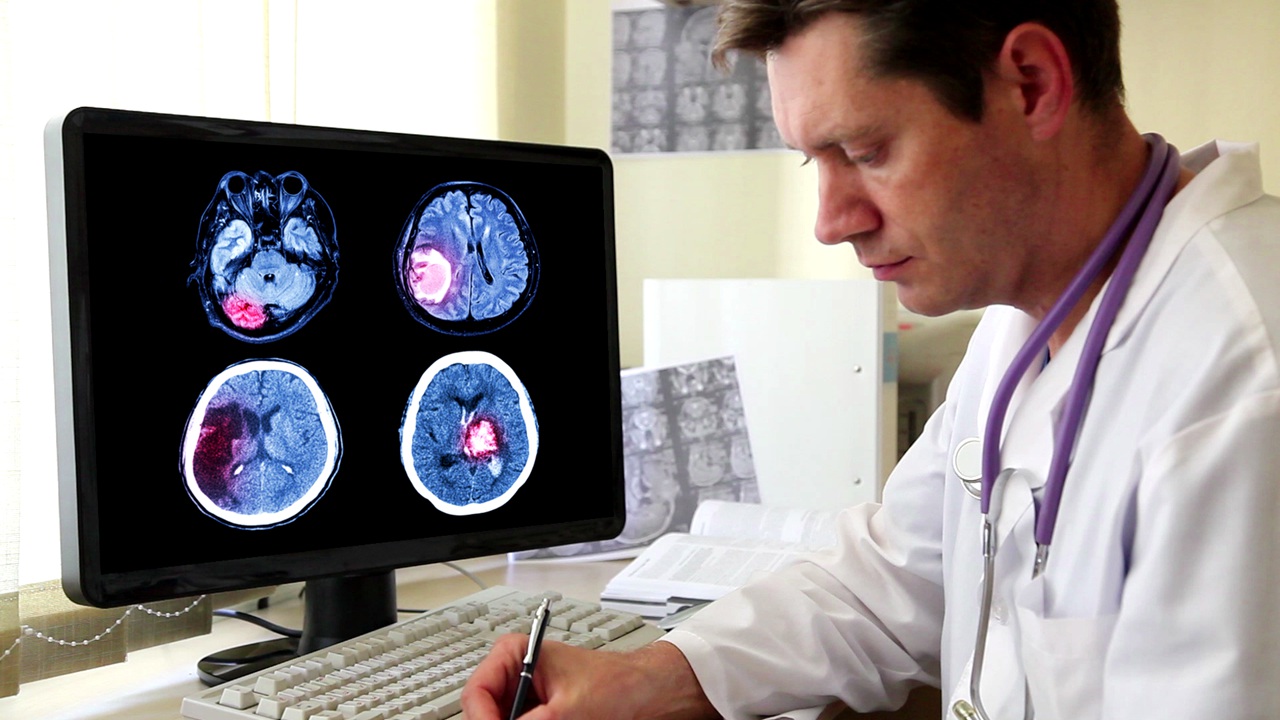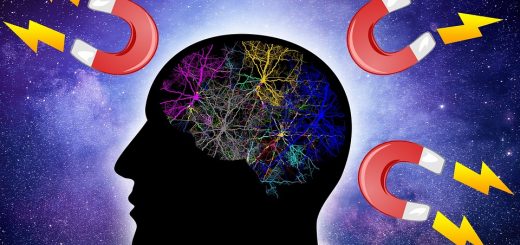Understanding Tumours
A tumour is a solid mass of tissue that forms when abnormal cells group together. Tumours can affect bones, skin, tissue, organs and glands. Many tumours are not cancer (they’re benign). But they still may need treatment. Cancerous, or malignant, tumours can be life-threatening and require cancer treatment.
What’s the Difference between a Tumour and a Cyst?
A tumour is a solid mass of tissue. It may or may not be cancerous. A cyst is a small sac that may contain fluid, air or solid material. The majority of cysts are not cancerous.
What Causes a Tumour?
Your body is constantly making new cells to replace old or damaged ones that die off. Sometimes, the cells don’t die off as expected. Or, new cells grow and multiply faster than they should. The cells start to pile up, forming a tumour.
What are the Risk Factors for Tumours?
Tumours affect people of all ages, including children. Factors that increase the chances of developing a tumour include:
-
Gene mutations (changes), such as mutated BRCA (breast cancer) genes.
-
Inherited conditions, such as Lynch syndrome and neurofibromatosis (NFS).
-
Family history of certain types of cancer like breast cancer or prostate cancer.
-
Smoking, including exposure to second-hand smoke.
-
Exposure to toxins like benzene or asbestos.
-
Previous radiation exposure.
-
Viruses like HPV.
-
Having obesity.
What are the Symptoms of a Tumour?
Symptoms of a tumour vary depending on where the tumour develops and whether it’s cancerous. You may be able to feel the mass, as with a breast lump.
You may experience:
-
Fatigue.
-
Fever or chills.
-
Lack of appetite or unexplained weight loss.
-
Night sweats.
-
Pain.

How are Tumours Diagnosed?
Your healthcare provider performs a biopsy to determine whether a tumour is cancer. A biopsy involves removing cell samples from a tumour. A pathologist (a medical doctor who studies diseases) examines the samples in a lab to make a diagnosis. If a tumour is in an area that’s difficult to reach, your provider may remove the entire tumour and then do a biopsy.
You may also get one or more of these tests:
-
Blood work.
-
Imaging scans, such as X-ray, CT scan, MRI or positron emission tomography (PET) scan.
How are Tumours Treated?
Treatments for a tumour depend on many factors, including the tumour type (malignant or benign) and location.
Many noncancerous tumours don’t need treatment. But some benign tumours can continue to grow. For example, benign brain tumours can press against healthy tissue, affecting vision or speech. Your healthcare provider may recommend surgery to remove the tumour.
Treatments for cancerous tumours include:
-
Surgery to remove the tumour.
-
Chemotherapy to shrink the tumour before surgery or destroy lingering abnormal cells after surgery.
-
Immunotherapy to engage the immune system to fight cancer.
-
Radiation therapy to destroy abnormal cells.
-
Targeted therapy to slow or stop the growth of cancer cells.
How can I Prevent Tumours?
Most tumours occur for no known reason. Still, these steps may lower your risk of developing a tumour:
-
Cut back on alcohol and quit smoking.
-
Eat a healthy diet and stay physically active.
-
Limit exposure to toxins.
-
Lose weight, if needed.
-
Use condoms to lower the risk of sexually transmitted diseases like HPV, and get the HPV vaccine.
What are the Complications of Tumours?
Benign tumours may grow and put pressure on organs like the brain. Endocrine tumours may not be cancerous but may cause your body to overproduce hormones. You may need surgery to remove the tumour.
Cancer cells can break away from the original tumour. The cells may travel in the bloodstream (circulatory system) or lymphatic system. When cells settle in a new location like an organ or gland, they start multiplying again, creating a new tumour (metastatic cancer). Cancer that spreads can be more challenging to treat.
It can be upsetting to learn that you have a tumour. You should know, though, that many tumours are benign and don’t need treatment. If a tumour is cancerous, there are a lot of treatment options. Receiving prompt treatment can make a big difference. Cancer therapies can destroy cancer cells, prevent them from spreading and lower the risk of cancer coming back. Often, people live many years after receiving treatment for cancerous tumours. Your healthcare provider can discuss your treatment options with you.



